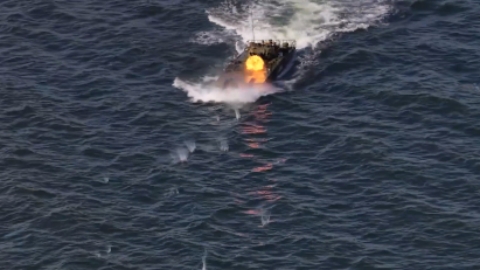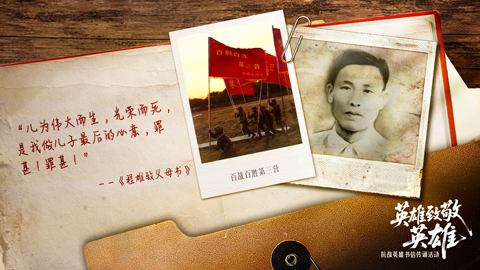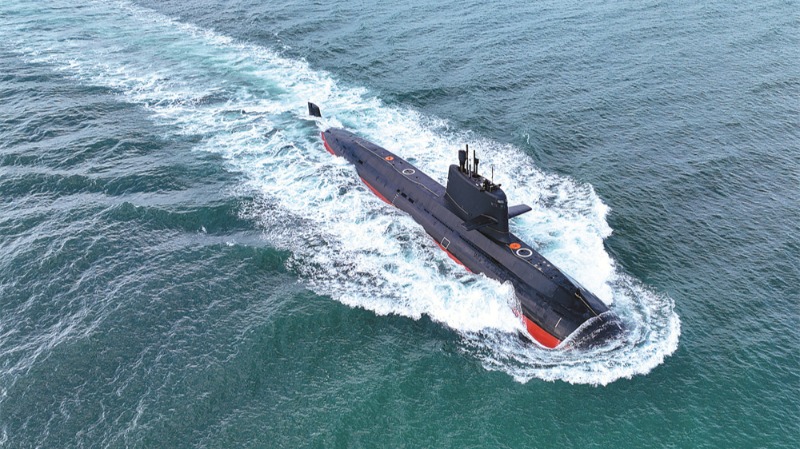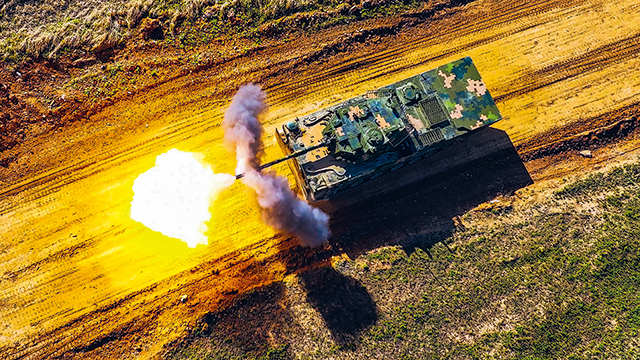By Wang Seng
Japanese Prime Minister Shigeru Ishiba on August 6 attended the ceremony marking the 80th anniversary of the atomic bombing of Hiroshima. As stated in his speech, "The tragedies that ravaged Hiroshima and Nagasaki must never be repeated. While continuing to firmly uphold the 'Three Non-Nuclear Principles', Japan will lead the efforts of the international community to bring about 'a world without nuclear weapons.' This is Japan's mission as the only country to have experienced the horror of nuclear devastation in war."
8月6日,日本首相石破茂出席广岛遭原子弹轰炸80年纪念仪式时致辞称:“广岛、长崎所遭受的悲剧绝不能重演。坚持‘无核三原则’,主导国际社会为实现‘无核世界’而努力,这是作为唯一遭受过核打击的国家所肩负的使命。”
The speech by Shigeru Ishiba this time, while continuing the annual practice of advocating the "Three Non-Nuclear Principles," which also known as the principles of not possessing, not producing and not permitting the introduction of nuclear weapons, cannot reverse Japan's recent trend of "turning to the right." New populist parties such as the emerging Sanseito have entered the political stage, openly advocating nuclear armament and winning substantial public support in the Upper House election. At the same time, voices calling for nuclear sharing with the US have repeatedly emerged within Japan.
石破茂此次讲话虽延续了每年主张坚持‘无核三原则’( 不拥有、不制造、不运进核武器)的惯例,但无法扭转日本近年来“向右转”的趋势。日本新兴“参政党”等民粹政党登堂入室,积极主张拥核,且在参议院选举中获得大量民众支持。另一方面,日本国内近来反复出现寻求与美国“核共享”的声音。
Since the end of WWII, right-wing forces in Japan have sought to completely overturn the verdicts of the Tokyo Trials and return to the ranks of political and military great powers. In recent years, Japan's security strategy has shown a clear departure from the postwar requirements and a tendency to violate the pacifist Constitution. Since the end of 2022, the Fumio Kishida administration has officially adopted the National Security Strategy (NSS), the National Defense Strategy (NDS) and the Defense Buildup Program (DBP). These policy documents propose that Japan will work toward acquiring capabilities to strike enemy bases and other such measures, thereby breaking through the constraints of the pacifist Constitution and abandoning the "exclusively defense-oriented" commitment. They also significantly relax restrictions on arms exports, going even further than the policies of the Shinzo Abe administration. All these moves run counter to the "peace concept" that Japan claims to uphold.
二战结束后,日本右翼势力试图全面推翻东京审判裁决,重回政治大国和军事大国行列。日本安保战略在近年来出现了明显偏离战后要求、违背和平宪法的倾向。2022年底以来,岸田文雄政府正式通过新版《国家安全保障战略》《国家防卫战略》《防卫力量整备计划》三份安保政策文件,提出日本将致力于拥有对敌攻击能力等政策主张,突破和平宪法约束和“专守防卫”承诺,在安倍晋三政府基础上进一步大幅放宽武器出口限制。这一系列行为都与日本所鼓吹的“和平理念”背道而驰。
Shigeru Ishiba's latest remarks also reveal the long-standing serious one-sidedness in Japan's commemoration of the Hiroshima atomic bombing. On August 15, 1945, Japan announced its unconditional surrender. The Nanjing Massacre, the infamous Unit 731, the inhuman "Three Alls Policy" (kill all, burn all, loot all)... the monstrous crimes committed by the Japanese invasion forces in China shocked the entire world. Yet for decades, Japan has deliberately chosen to "forget" history, using atomic bombing memorial events to craft an image of itself as a victim of WWII, while avoiding any discussion of the causal link between suffering nuclear attacks and waging wars of aggression abroad.
此次石破茂讲话还表现出,日本纪念广岛核爆长期以来存在严重片面性。1945年8月15日,日本宣布无条件投降。南京大屠杀、臭名昭著的731部队、惨无人道的“三光政策”……侵华日军在中国犯下罄竹难书的滔天罪行震惊全世界。但长期以来,日本刻意选择性地“遗忘”历史,在纪念原子弹爆炸活动中,极力塑造自身二战受害者形象,却回避遭受核打击与对外侵略战争的因果关系。
Japanese militarism was a modern ideology and institutional system centered on military expansion, characterized by extreme nationalism and an aggressive, warlike nature, which brought immense disaster to the peoples of Asia and the world. However, under US indulgence and protection, Japanese militarism was never fully purged after WWII, and instead has persisted and operated in new forms and by new means.
日本军国主义是近代日本形成的以军事扩张为核心的国家意识形态和制度体系,具有极端民族性与嗜战扩张的武力性,给亚洲和世界人民带来深重灾难。但是,在美国的纵容和包庇下,二战后的日本军国主义没有被彻底清算,反而以新的形式和方式继续存在和活动。
Judging from Prime Minister Ishiba Shigeru's speech and the prevailing public sentiment in Japan, the country still lacks sufficient awareness of the grave suffering its war of aggression inflicted on the nations of Asia. This year marks the 80th anniversary of the victory in the Chinese People's War of Resistance Against Japanese Aggression and the World Anti-Fascist War. Japan should deeply reflect on history, draw lessons from the past, thoroughly eliminate the pernicious legacy of militarism, and avoid going further down the wrong path.
从此次石破茂的讲话以及日本民间的态度来看,日方对其发动战争给亚洲各国带来深重灾难的历史依然缺乏足够认识。在中国人民抗日战争暨世界反法斯战争胜利80周年来临之际,日方应深刻反省侵略罪行,牢记历史教训,彻底清算军国主义遗毒,避免在错误道路上越走越远。
(The author is a distinguished research fellow at the Center for Northeast Asian Studies, Shanghai University of Political Science and Law.)
(作者系上海政法学院东北亚研究中心特聘研究员)
Editor's Note: Originally published on china.com.cn, this article is translated from Chinese into English and edited by the China Military Online. The information and opinions in this article do not necessarily reflect the views of eng.chinamil.com.cn.




















